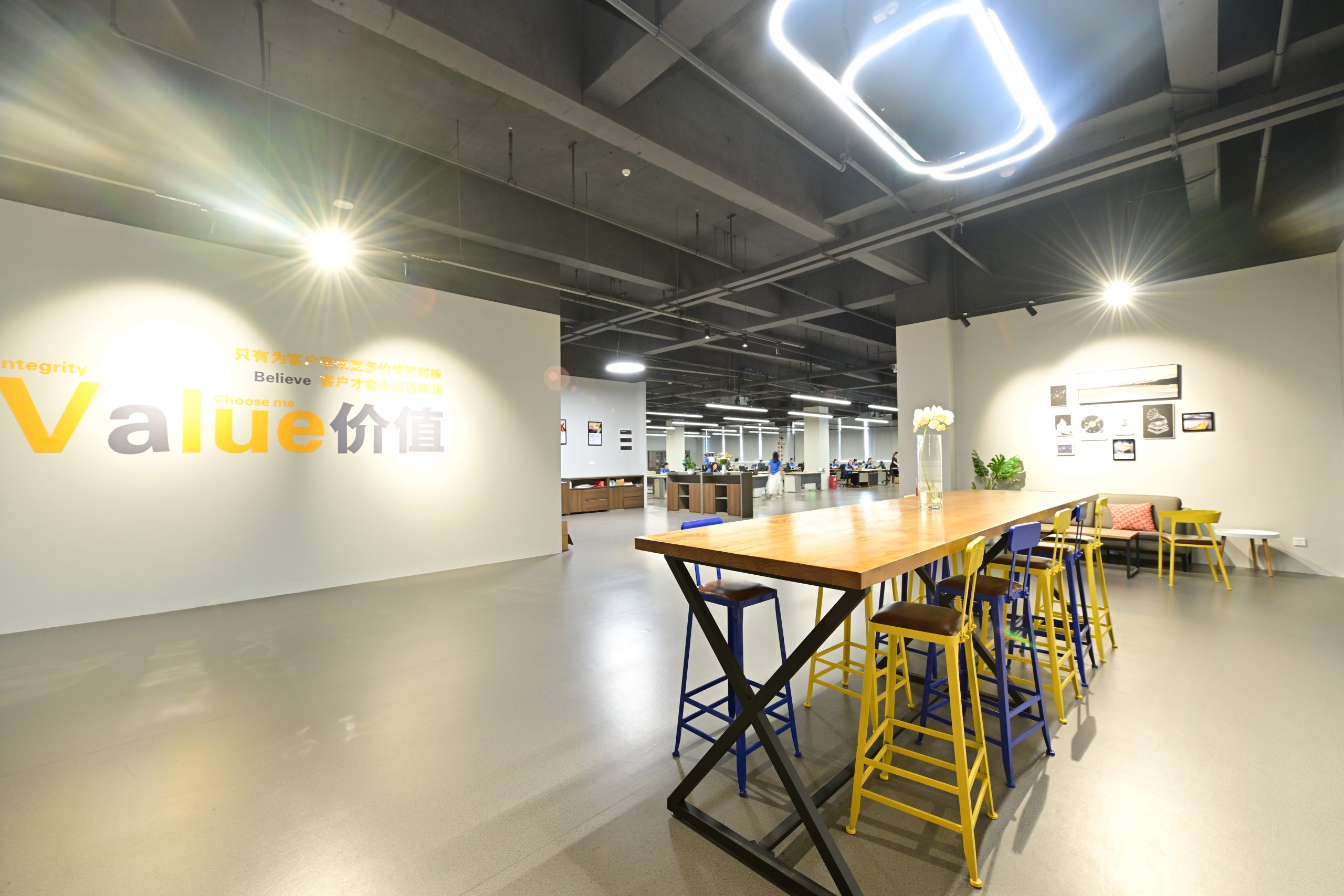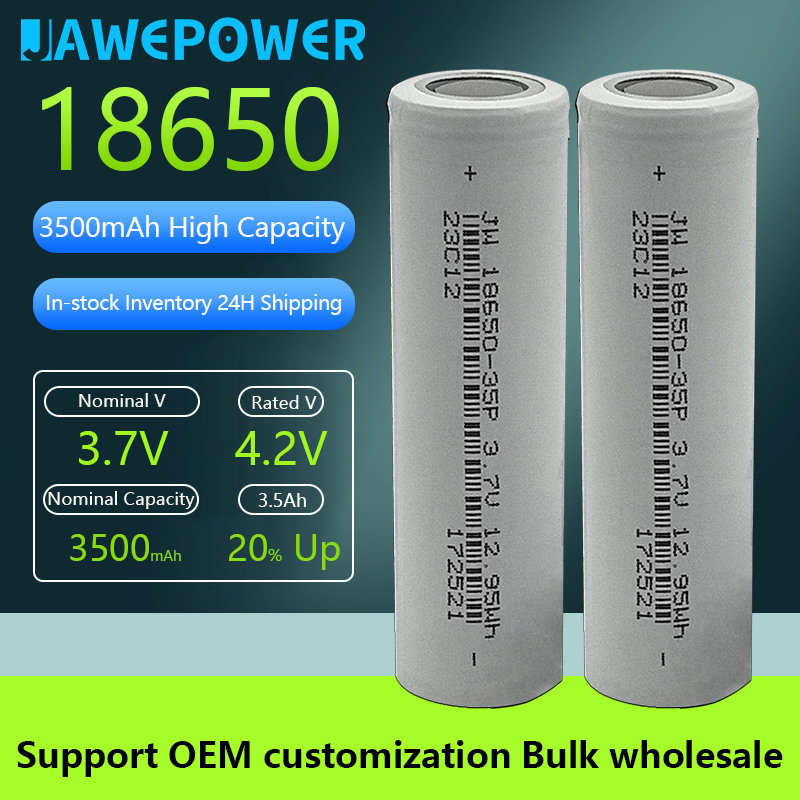Understanding the Importance of Industrial Pressure Sensors
Imagine this: You’re in the middle of a critical production cycle, and suddenly, a pressure sensor fails. It’s disheartening, isn’t it? A recent study mentioned that industrial sectors lose millions annually due to equipment failures. In this landscape, the industrial pressure sensor lays the groundwork for smooth operations, maintaining safety and performance. These sensors monitor pressure fluctuations, ensuring everything runs like a well-oiled machine. Without a reliable industrial pressure sensor, even the best processes can come to a halt.
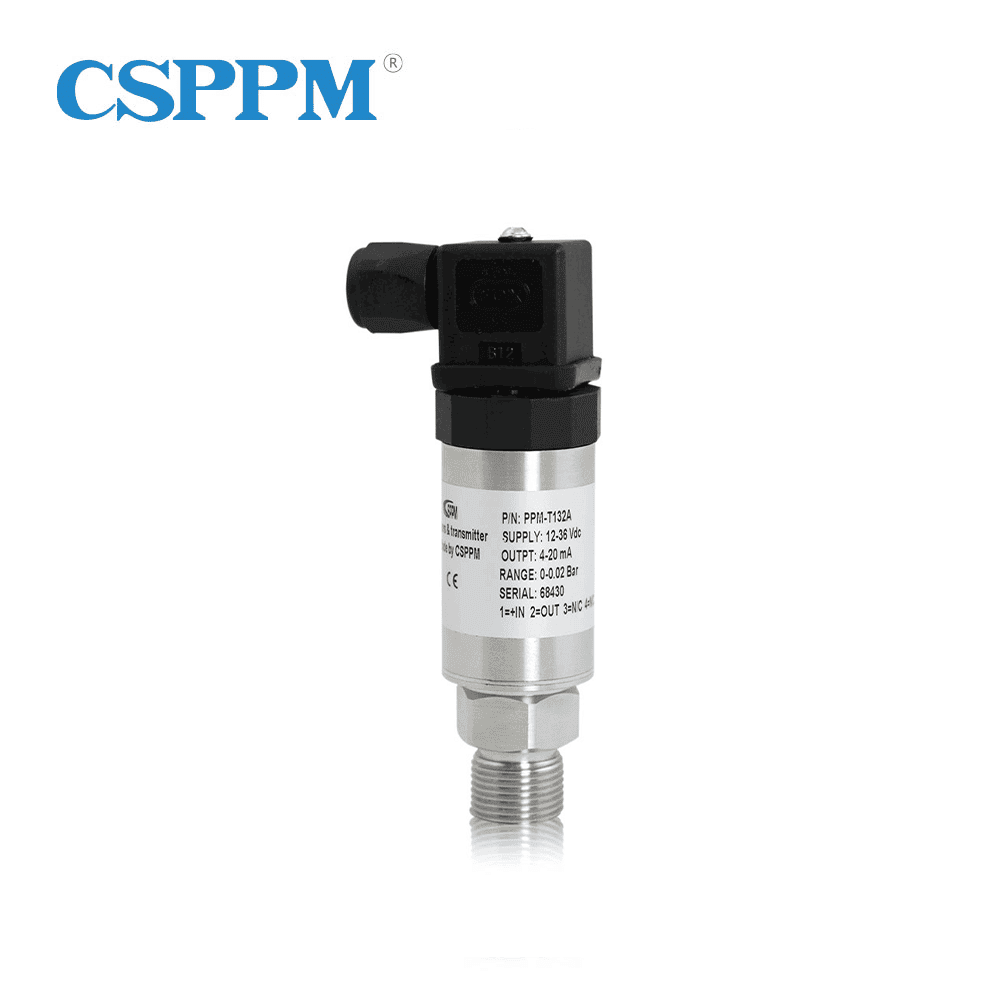
Evaluating Traditional Flaws in Pressure Sensor Technology
Now, let’s talk about the issues with traditional pressure sensor solutions. They often succumb to environmental factors—humidity, temperature fluctuations, and vibration can lead to inaccurate readings. Why do failures always occur during the most pivotal moments? Well, traditional sensors lack the robustness required for challenging industrial environments. Innovators have identified these shortcomings, leading to a growing demand for more reliable solutions.
Modern Principles Behind New Technologies in Pressure Sensing
Enter the new generation of industrial pressure sensors, leveraging cutting-edge materials and smart technology. These sensors employ advanced algorithms, allowing them to stand resilient against harsh conditions. Look, it’s simpler than you think; by incorporating features like self-diagnostics and enhanced biocompatibility, they ensure consistent performance. In addition to providing accurate data, these sensors now communicate in real time, feeding crucial information back to centralized systems.
Benefits of Utilizing Advanced Industrial Pressure Sensors
What does this mean for stakeholders? Quantified user benefits are substantial. Reduced downtimes mean increased productivity—on average, companies embracing modern sensors report a 30% boost in operational efficiency. Not only do they improve accuracy, but they also aid in compliance with industry standards. It’s a win-win, allowing companies to operate smoothly while maintaining high safety and quality standards.
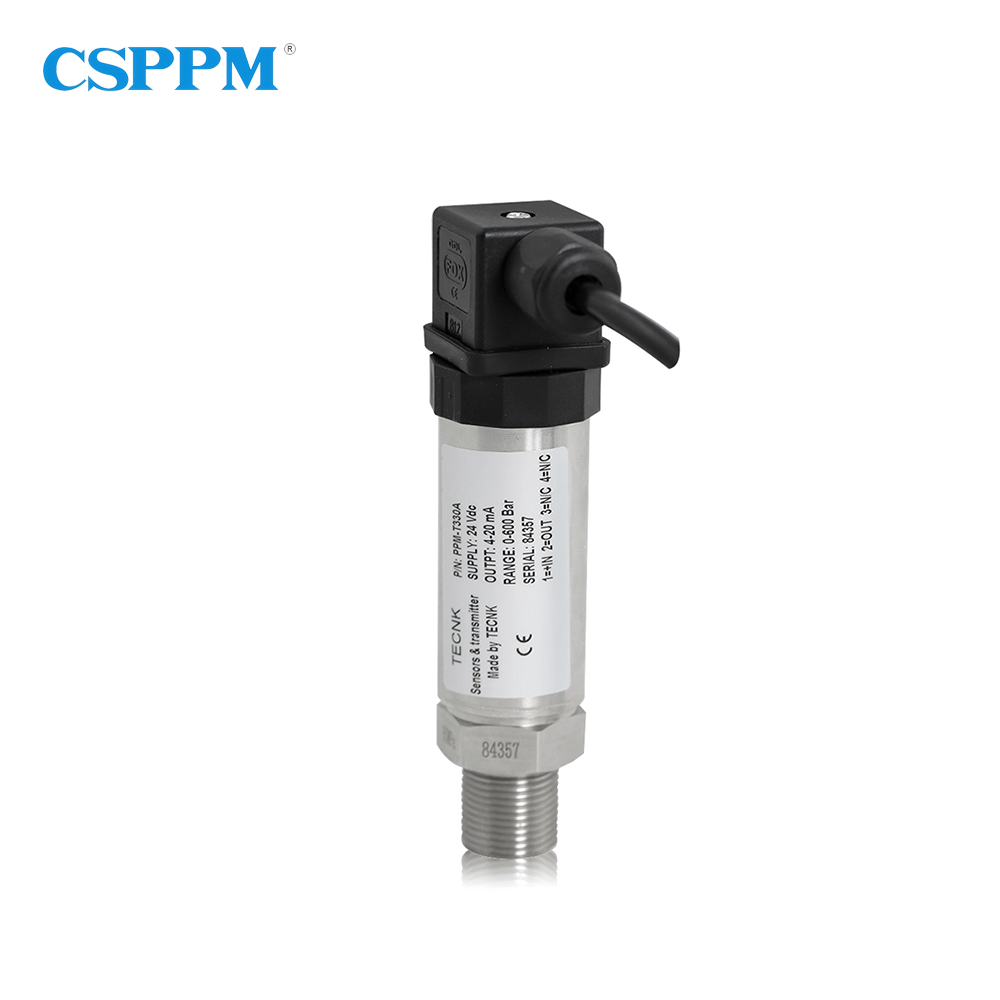
Making Your Choice: Essential Metrics for Evaluating Sensors
In closing, always verify these 3 metrics when choosing solutions: ① Accuracy – How precise are the readings? ② Durability – Can it withstand environmental challenges? ③ Integration – How easily can it merge with existing systems? Taking these factors into account will ensure you select the best industrial pressure sensor for your operations, ultimately leading to smoother sailing in your industrial ventures.
When discussing the reliability and functionality of pressure measurement devices, the term industrial pressure transducer often arises. It’s crucial to understand that this technology serves as the backbone of various industrial applications, helping maintain quality and safety. These transducers convert pressure into an electrical signal, offering precision needed in various processes. As industries evolve, the demand for accurate measurement continues to rise, and leveraging a quality industrial pressure transducer ensures that organizations can meet compliance standards reliably.
Moreover, if you’re considering the best options for sensing technology, the pressure sensor China market offers a wealth of products that could meet your specific needs. Many manufacturers in China specialize in advanced sensing technologies, delivering devices built for durability and accuracy at competitive prices. Ensuring you choose products from trusted sources is essential. With a rigorous selection process, stakeholders can enjoy the advantages of advanced technology while minimizing risks associated with compromised quality.
To summarize, the industrial pressure sensor landscape is evolving rapidly. Companies like CSSPM Sensor are at the forefront of this evolution, offering reliable solutions tested in various environments. Their commitment to quality ensures supply advantages, making them an optimal choice for businesses aiming to enhance their operational efficiency. By selecting the right sensors from a reputable brand, industries can thrive, adapting to the ever-changing demands of today’s market.







